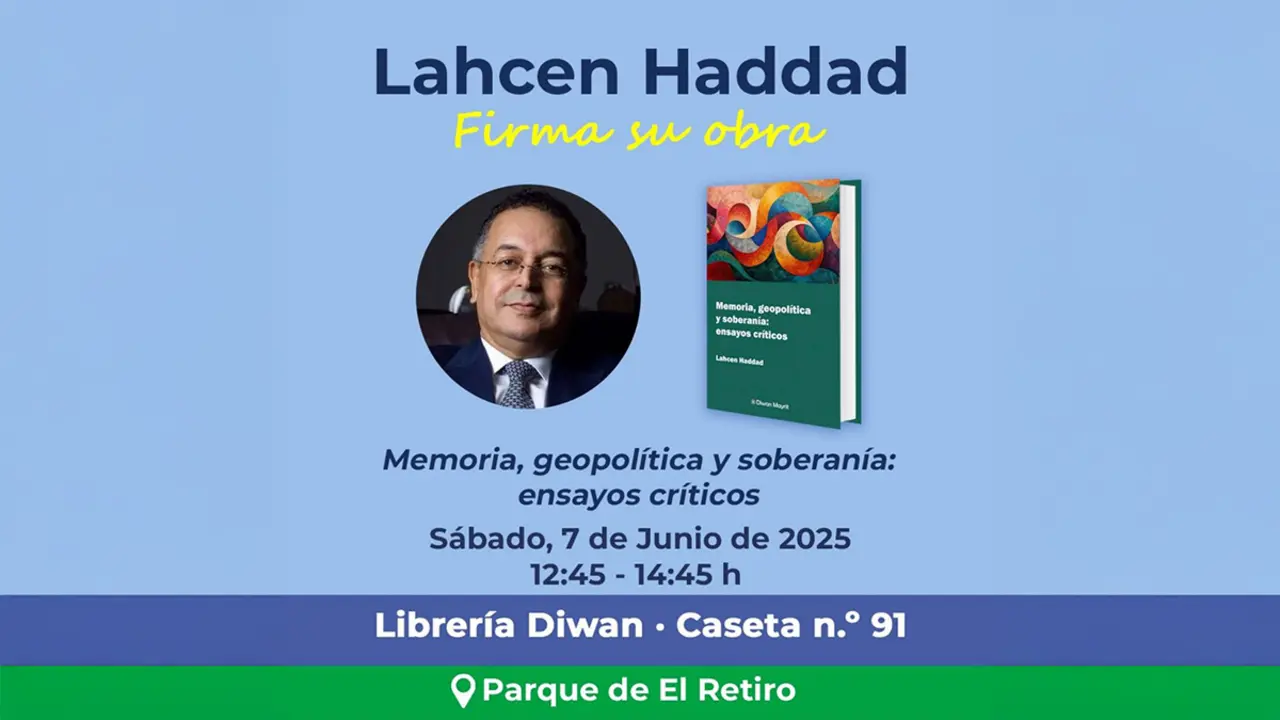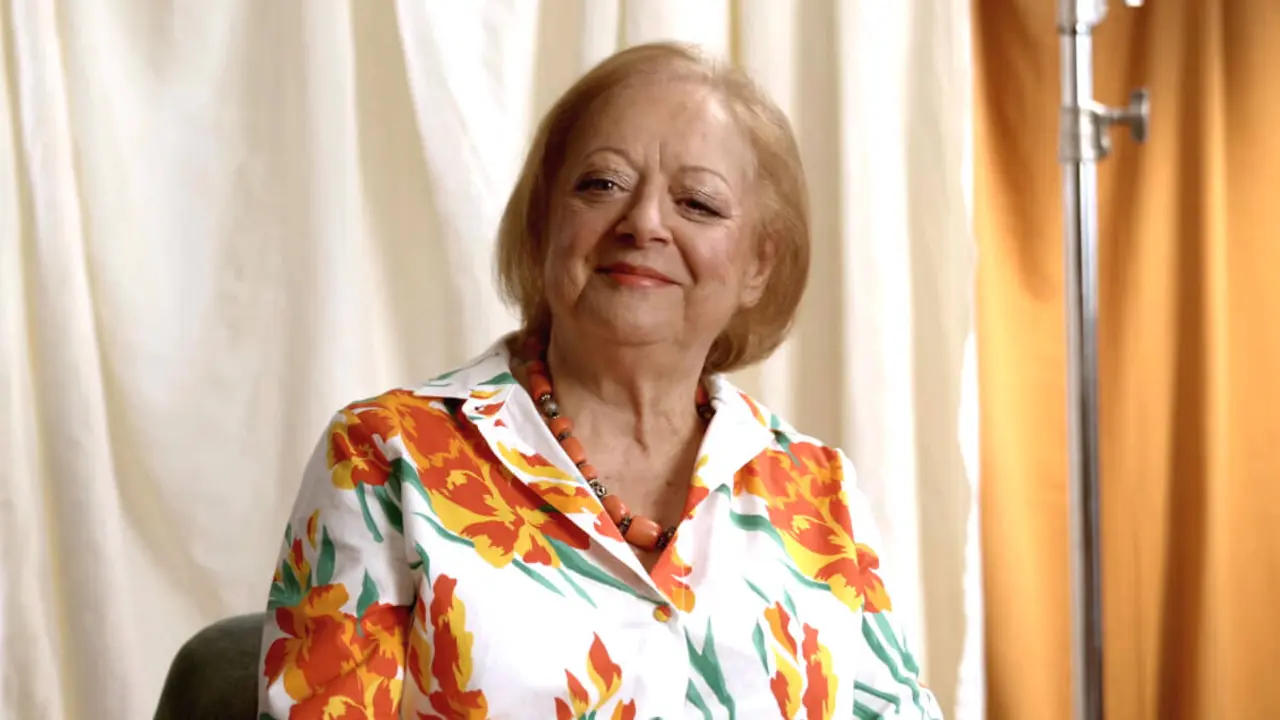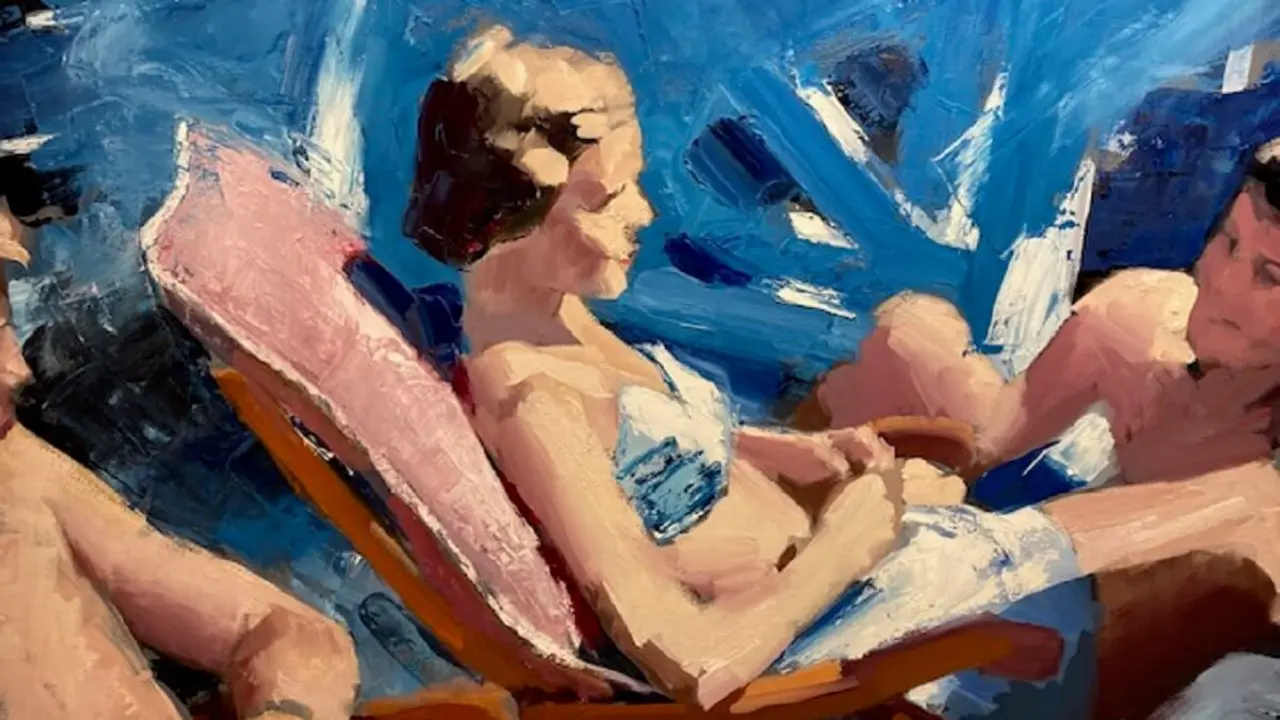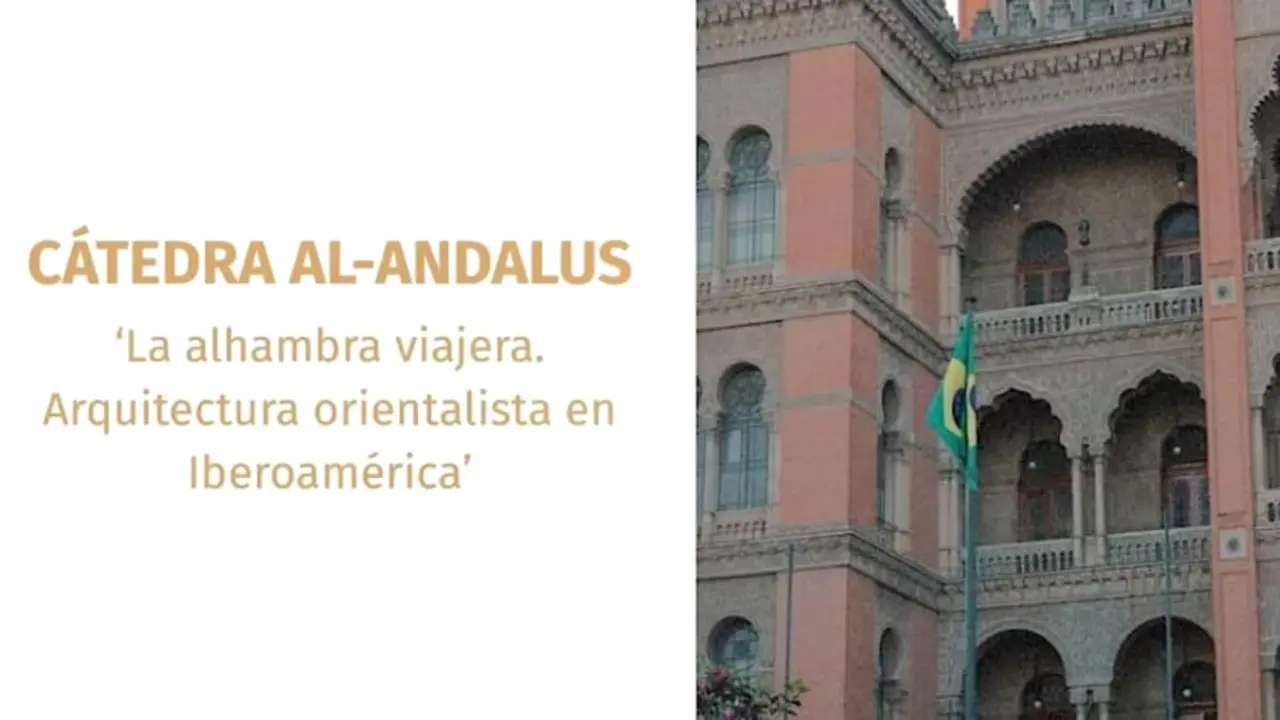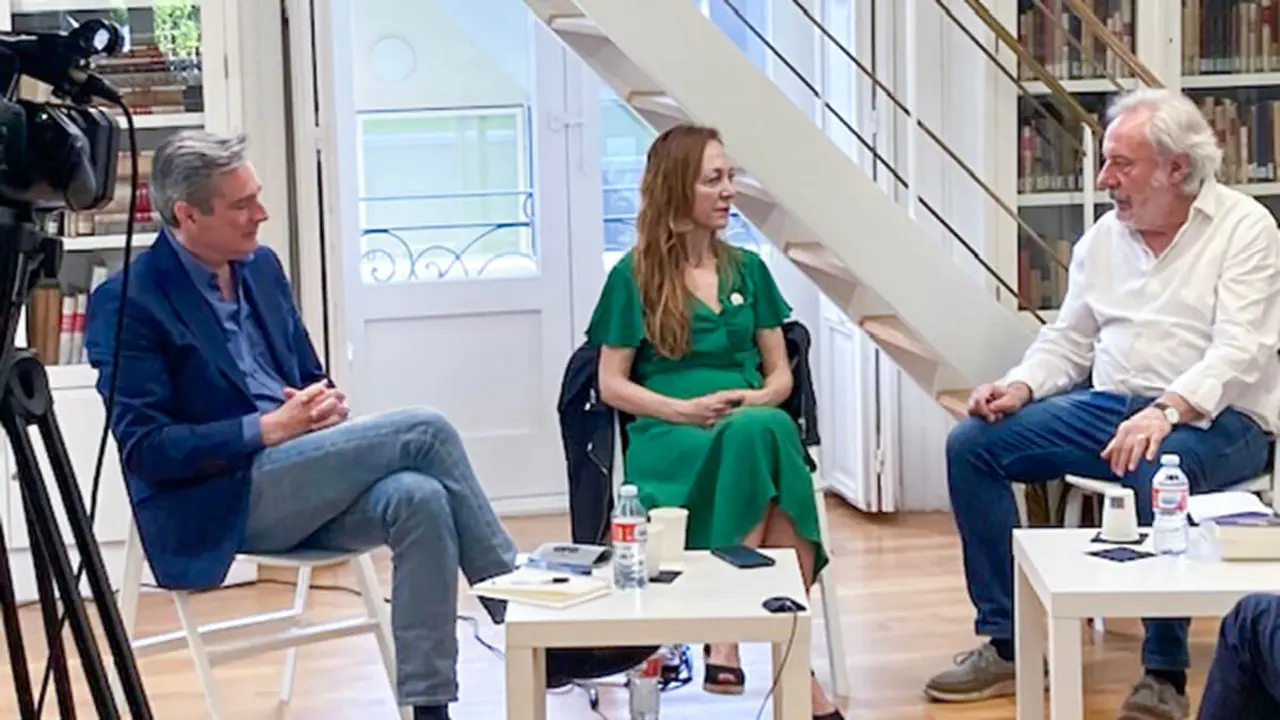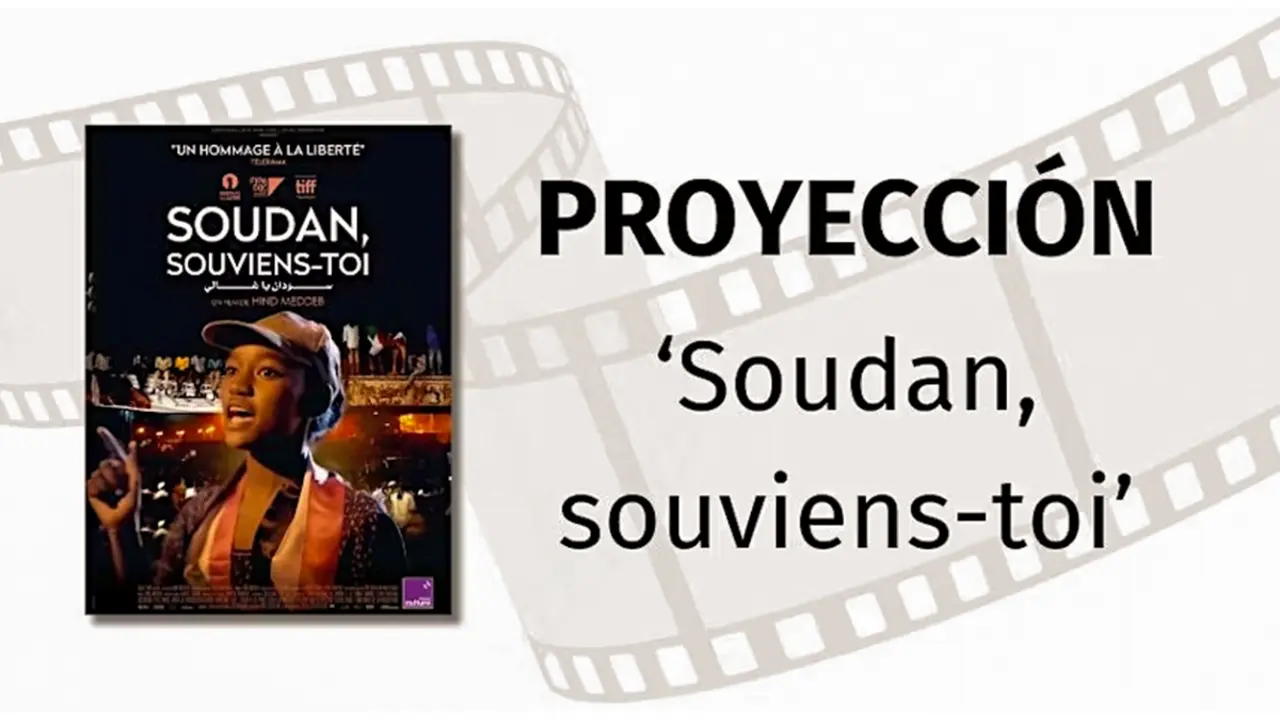Brexit and its impact on culture

The UK's recent exit from the European Union has not only affected its economic and trade policies with the 27 member countries of the political community, but also affects and will affect cultural relations between art consumers.
UK festivals, concerts, theatres, museums and other cultural institutions will face financial cuts. The EU's 'Creative Europe' programme, intended to help fund cultural and film projects, a grant of €1.46 billion for the period 2014 to 2020 will no longer be available to Britons
The UK government has been criticised by the music and other creative industries since it became clear that visa-free touring had not been included in the post-Brexit UK-EU trade deal.
This means that UK artists touring in Europe will now have to comply with the different entry requirements of each EU member state, some of which will require artists and their crews to obtain travel permits and/or crew cards.

Last December, Jamie Njoku-Goodwin, the CEO of UK Music, the country’s largest organization, declared: "Brexit will kill Britain's reputation as the world's music mecca". And several European festival directors have warned that the conflict will affect many contracts to bring pop stars to play in Europe.
The director of the Lowlands Festival of the Netherlands, Eric Van Eerdenburg, told New Musical Express that “the new additional costs, visa problems, notebooks, paperwork and red tape will prove horrible and very limiting” for UK artists. ‘Obviously the UK music industry is very important to the European markets. At Lowlands, we hire most of the UK bands. However, European artists are getting stronger and the percentage of bands from Europe is increasing.
The extra bureaucracy and costs they will generate will make some tours completely unviable or may result in UK artists hiring staff based in EU countries, to reduce the amount of extra expense and administration.
For their part, UK ministers are considering establishing a government-funded creative export office that would help performers navigate and address all the new visa and permit issues that have been caused by Brexit.

Finding a culprit in this spat is impossible, as the UK blames the EU for the trade deal that does not include provisions for visa-free travel, while EU officials have blamed their British counterparts.
The problem is two-fold as European artists will have to apply for a visa to work in the UK. So they will be able to travel without a visa only if they stay in the country for less than a month under conditions determined by the British government.
This visa crisis prevents British employees, for example in film and television, from working in the EU without first completing costly and time-consuming bureaucratic procedures. This is starting to cause problems and artists have begun to mobilise to solve them.
The mobilisation began when stars such as Sir Ian McKellen, Dame Julie Walters and Sir Patrick Stewart signed an open letter to British Prime Minister Boris Johnson. "Dear Prime Minister, We must speak plainly. This is a bleak time for British creative practitioners", they wrote from the actors' union Equit. We are actors, singers, dancers, designers, directors, stage managers, comedians, audio artists, variety performers and creatives – represented by our trade union, Equity – who are passionate about our professions and want to keep working. But the current Brexit deal is a towering hurdle to that", it continues.

They point out that "before, we were able to travel to Europe visa-free. Now we have to pay hundreds of pounds, fill in form after form, and spend weeks waiting for approval – just so we can do our jobs" . And they mention that "some have already lost work in Europe or are being turned down for potential employment, because of the cost and bureaucracy that now comes with hiring British talent".
Concluding the letter by: "Prime Minister, we urge you to negotiate new terms with the EU, allowing creative practitioners to travel to the EU visa-free for work, and for our European counterparts to be able to do the same in the UK. Not acting now will do further and irreparable harm to the UK’s creative workforce, our industries and to our standing on the international cultural stage".
Caroline Dinenage, the British culture minister blamed the EU and said Brussels rejected the UK government's proposals on visa-free travel as part of the Brexit negotiations.
Dinenage said the best way forward is to reach bilateral agreements with individual EU member states. However, the government has not initiated talks with individual countries.

